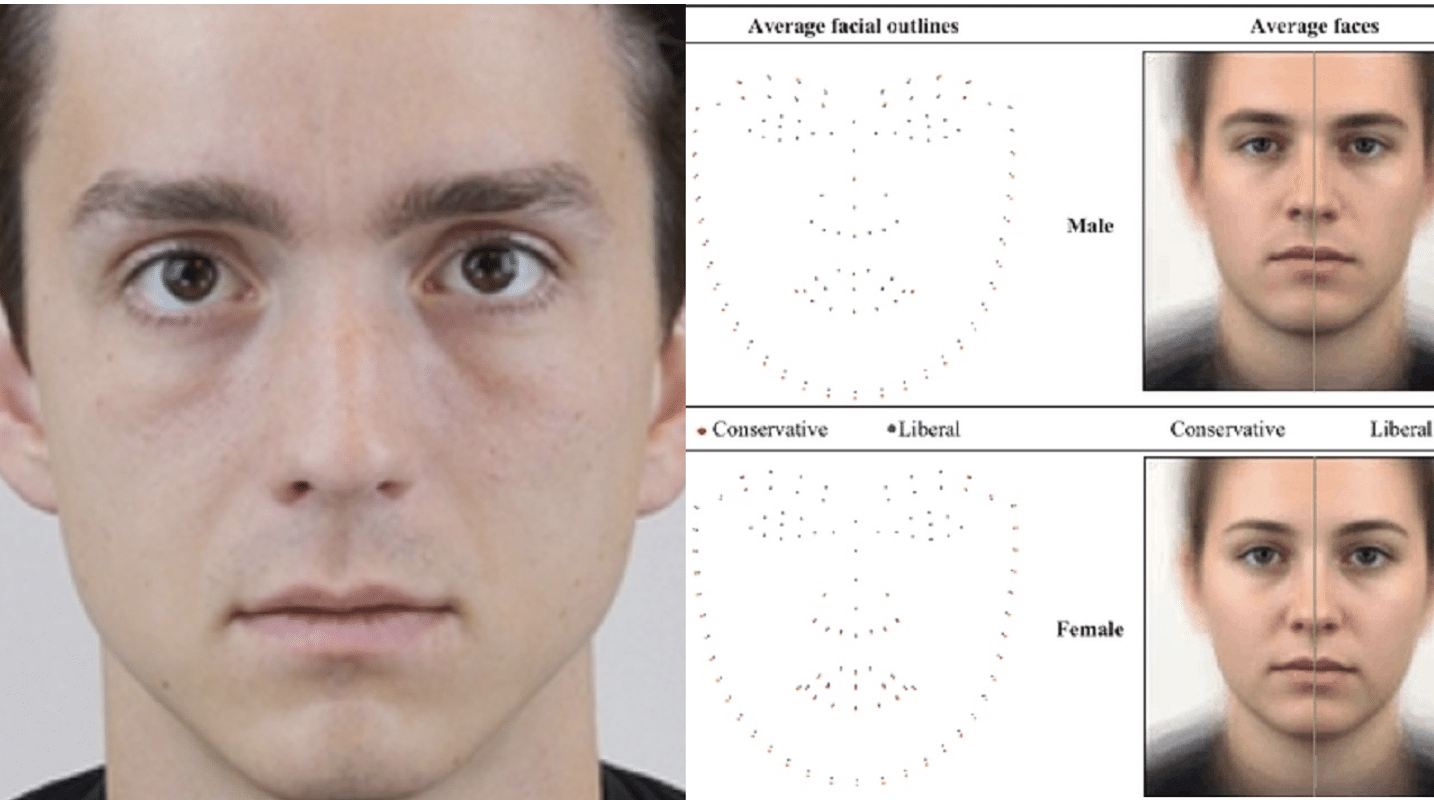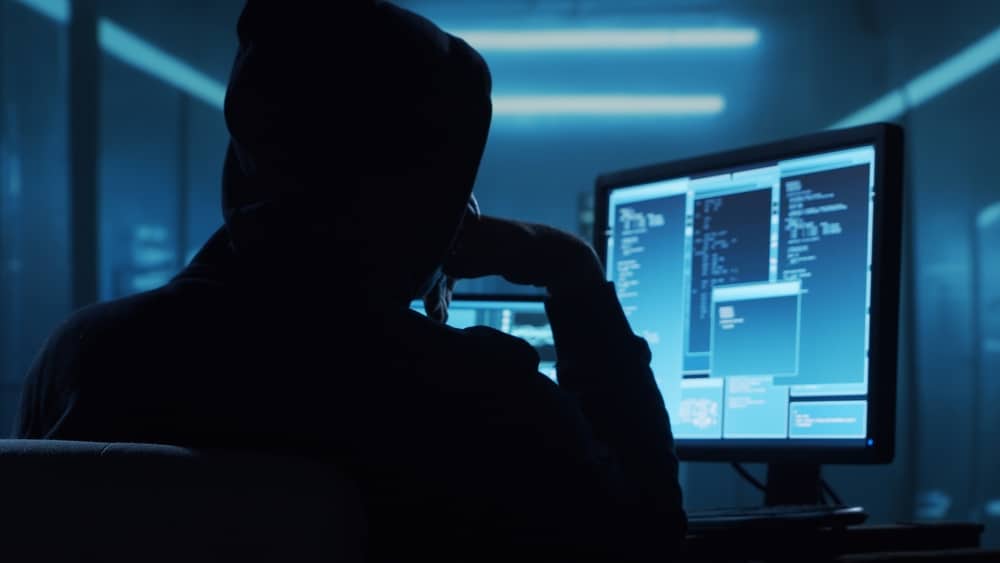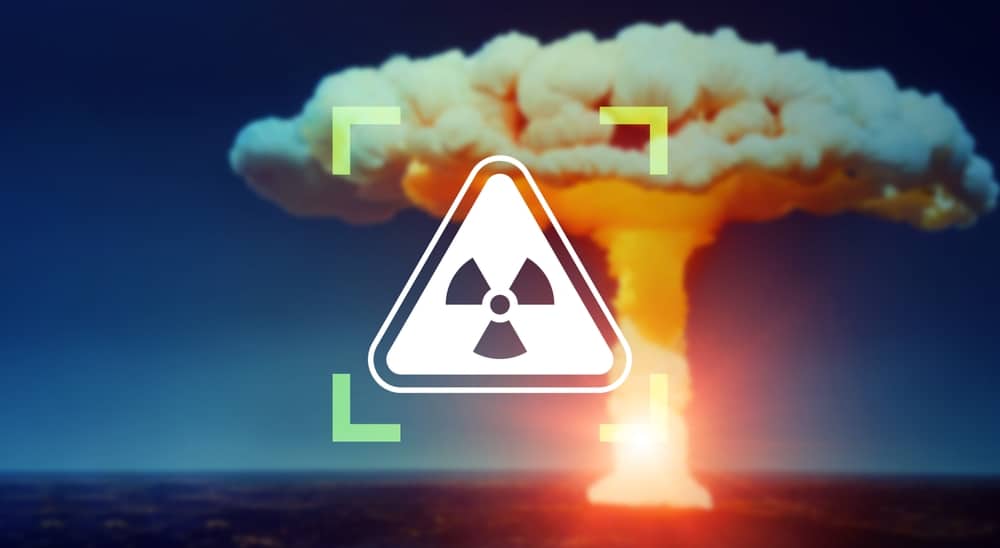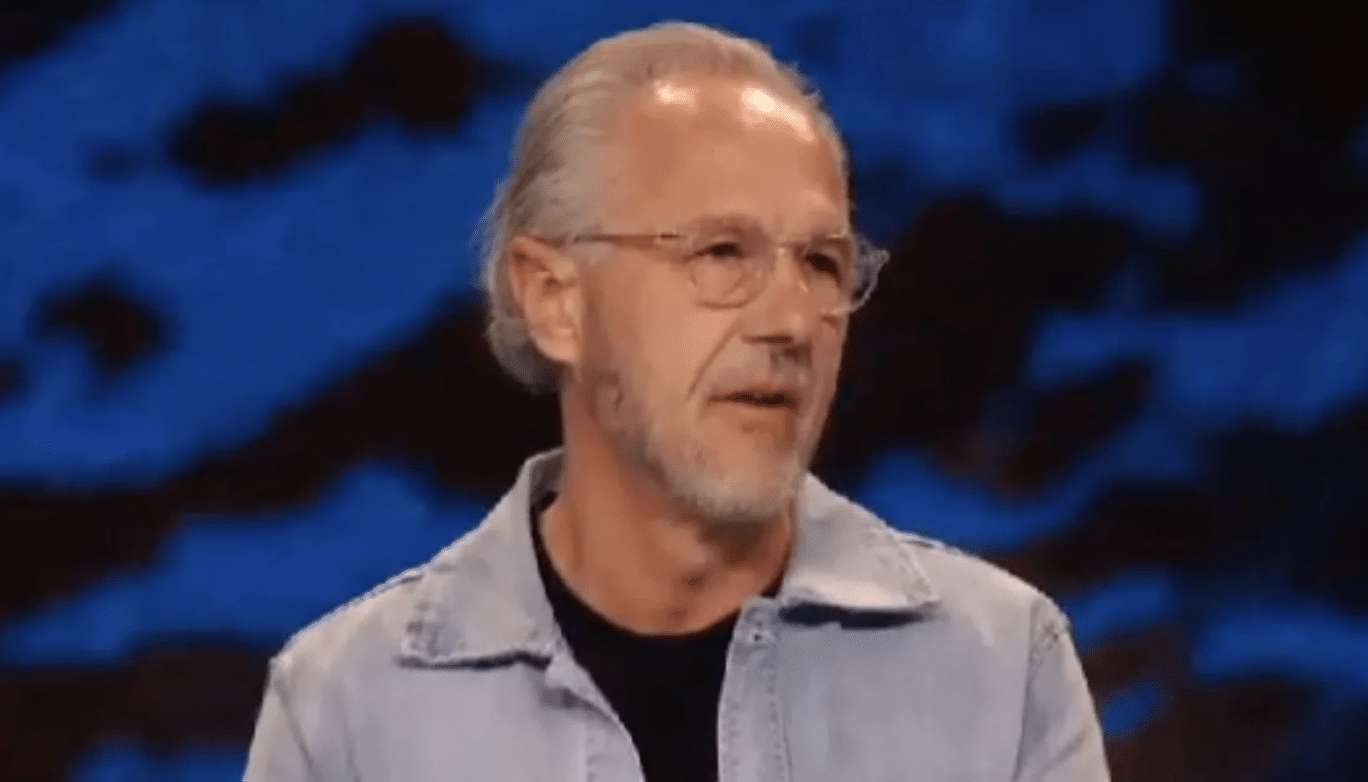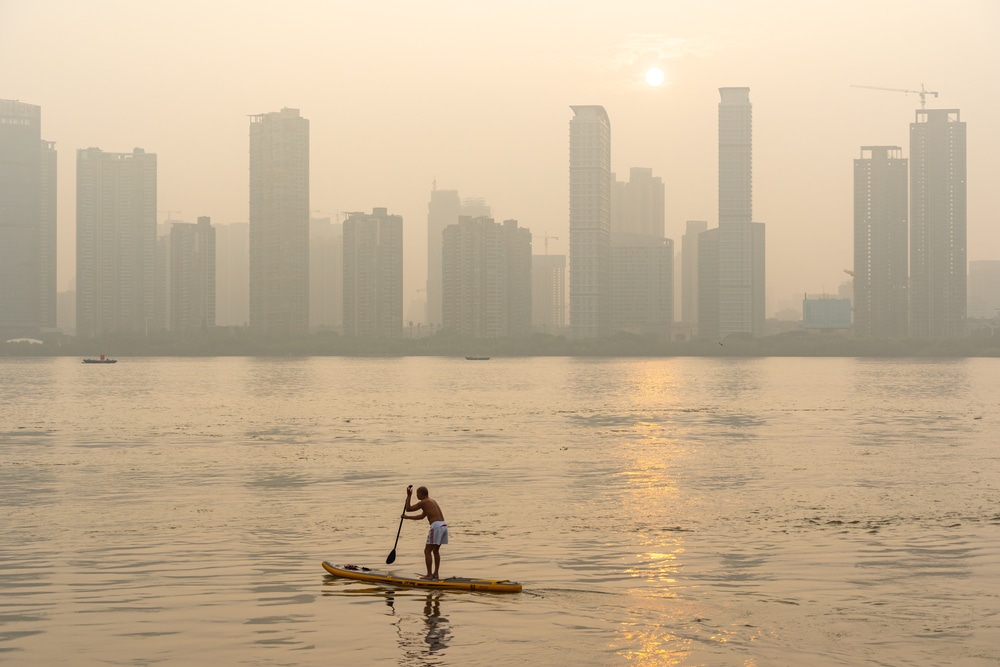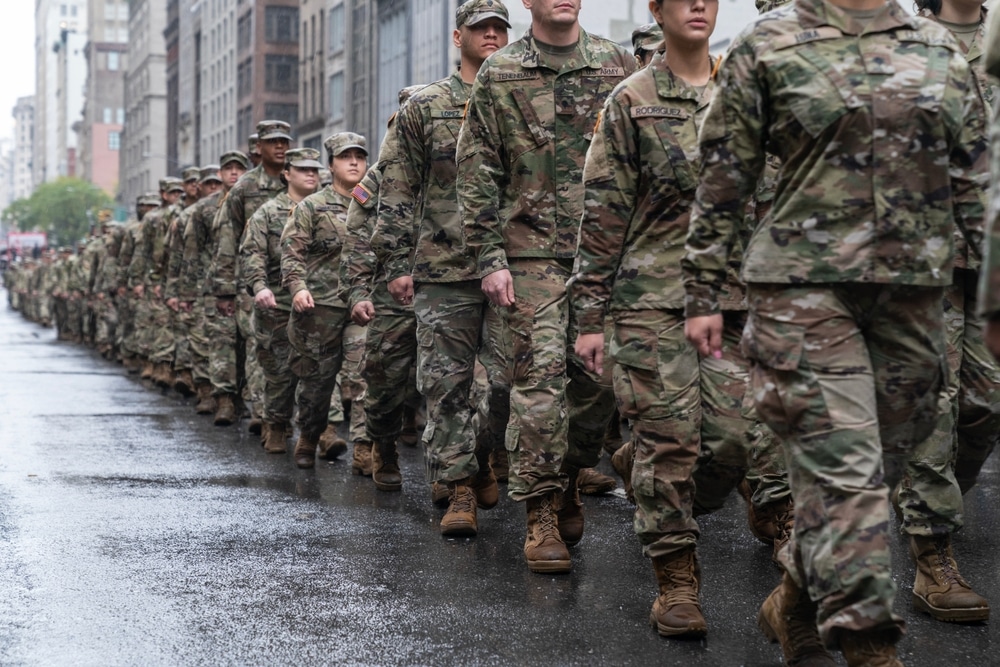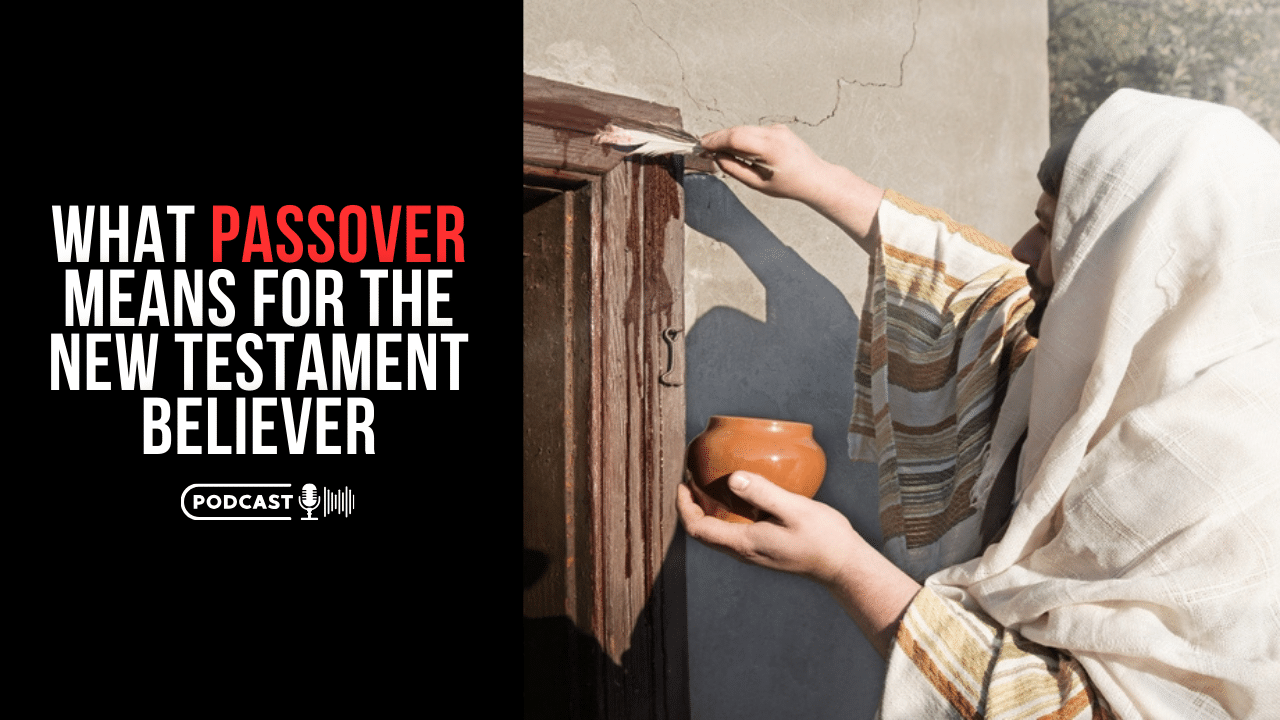Within a day of testing positive for Covid-19 in June, Miranda Kelly was sick enough to be scared. At 44, with diabetes and high blood pressure, Kelly, a certified nursing assistant, was having trouble breathing, symptoms serious enough to send her to the emergency room.
When her husband, Joe, 46, fell ill with the virus, too, she really got worried, especially about their five teenagers at home: “I thought: ‘I hope to God we don’t wind up on ventilators. We have children.
Who’s going to raise these kids?’”But the Kellys, who live in Seattle, had agreed just after their diagnoses to join a clinical trial at the nearby Fred Hutchinson Cancer Research Center that’s part of an international effort to test an antiviral treatment that could halt Covid early in its course.
By the next day, the couple were taking four pills, twice a day. Although they weren’t told whether they had received an active medication or a placebo, within a week, they said, their symptoms were better. Within two weeks, they had recovered. “I don’t know if we got the treatment, but I kind of feel like we did,” Miranda Kelly said.
“To have all these underlying conditions, I felt like the recovery was very quick.” The Kellys have a role in developing what could be the world’s next chance to thwart Covid: a short-term regimen of daily pills that can fight the virus early after diagnosis and conceivably prevent symptoms from developing after exposure. FULL REPORT






